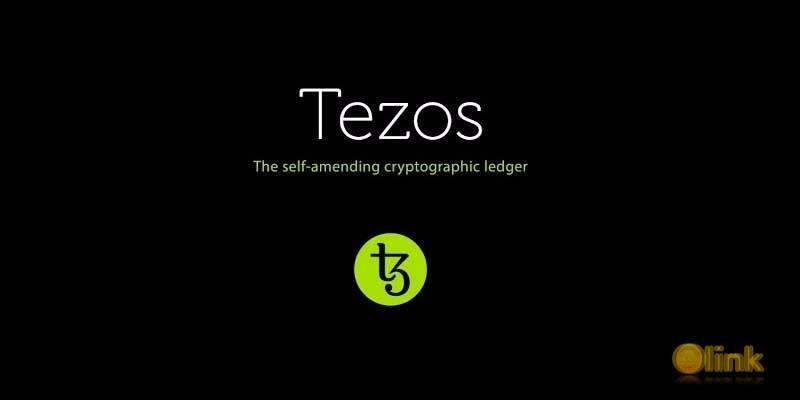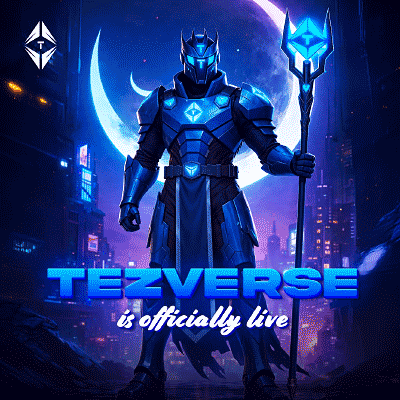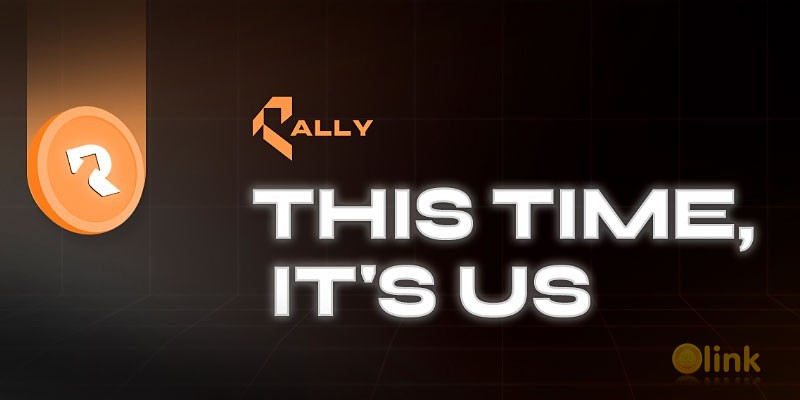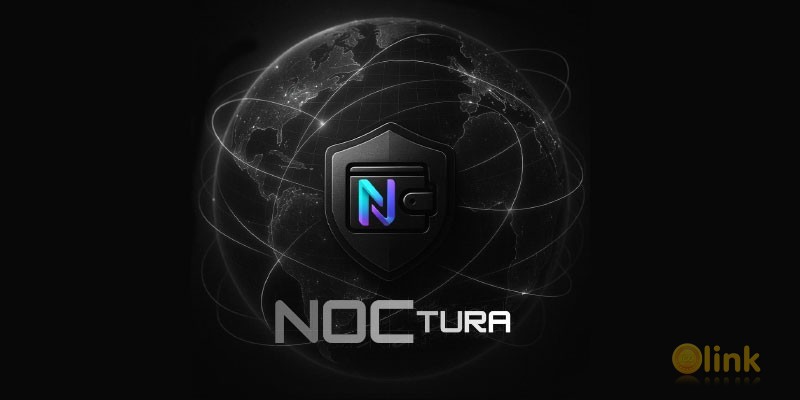ICO TEZOS
TEZOS ICO Links:
-
Start: 2017-Jul-01
-
Finish: 2017-Jul-14
-
Ticker: TEZ
-
Platform: Blockchain
ICO TEZOS Description:
Tezos is a new decentralized blockchain that governs itself by establishing a true digital commonwealth. It facilitates formal verification, a technique which mathematically proves the correctness of the code governing transactions and boosts the security of the most sensitive or financially weighted smart contracts
Tezos instantiates new technical innovations but also enforces types of constitutionalism through the use of formal proofs to mathematically verify that key properties are upheld over time. By allowing stakeholders to coordinate on-chain, the network also allows for the creation of bounties to implement specific features or discover bugs. Collectively, the network maintains the decentralized aspect of blockchains while introducing a mechanism to enable collective decision making. Tezos tokens not only power smart contracts in the network, but also allow votes on protocol amendments. The initial Tezos rollout is simple by design, but its self-amending nature means that the rules governing the network can be improved over time.
We present Tezos, a generic and self-amending crypto-ledger. Tezos can instantiate any blockchain based ledger. The operations of a regular blockchain are implemented as a purely functional module abstracted into a shell responsible for network operations. Bitcoin, Ethereum, Cryptonote, etc. can all be represented within Tezos by implementing the proper interface to the network layer. Most importantly, Tezos supports meta upgrades: the protocols can evolve by amending their own code. To achieve this, Tezos begins with a seed protocol defining a procedure for stakeholders to approve amendments to the protocol, including amendments to the voting procedure itself. This is not unlike philosopher Peter Suber’s Nomic[3], a game built around a fully introspective set of rules. In addition, Tezos’s seed protocol is based on a pure proof-of-stake system and supports Turing complete smart contracts. Tezos is implemented in OCaml, a powerful functional programming language offering speed, an unambiguous syntax and semantic, and an ecosystem making Tezos a good candidate for formal proofs of correctness









